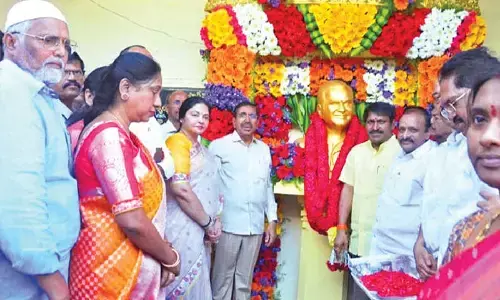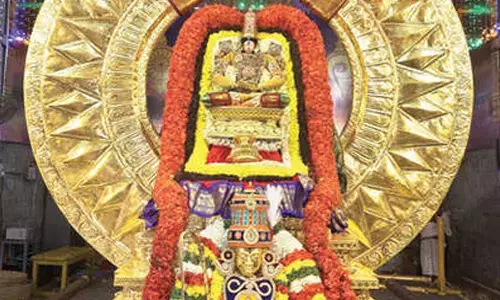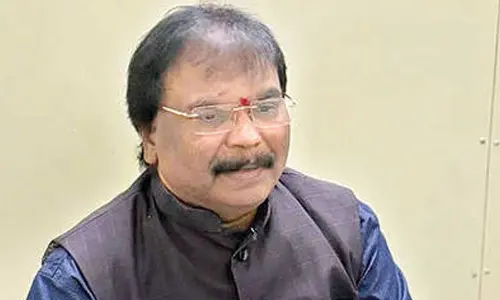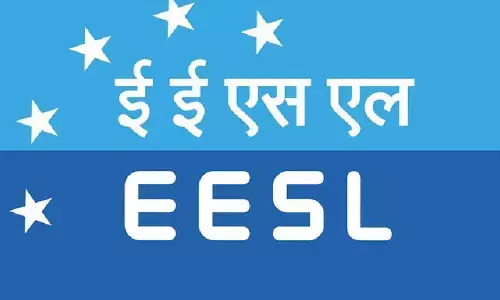Kashmiriyat
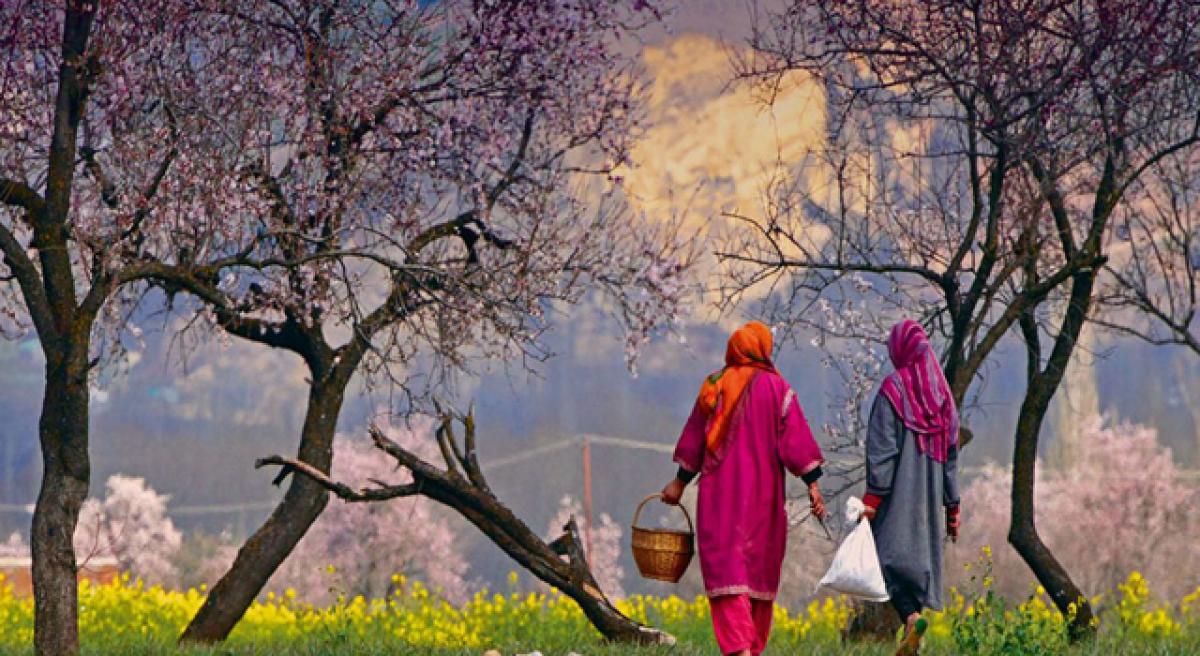
Kashmiriyat is the ethno-national and social consciousness and cultural values of the Kashmiri people. The term Kashmiriat has come to signify a centuries-old indigenous secularism of Kashmir. Emerging around the 16th century, it is characterised by religious and cultural harmony, patriotism and pride for their mountainous homeland of Kashmir.
Kashmiriyat is the ethno-national and social consciousness and cultural values of the Kashmiri people. The term Kashmiriat has come to signify a centuries-old indigenous secularism of Kashmir. Emerging around the 16th century, it is characterised by religious and cultural harmony, patriotism and pride for their mountainous homeland of Kashmir.
In recent 2007 poll conducted by the Centre for the Study of Developing Societies in New Delhi, 84 percent of people in Srinagar want to see the return of Kashmiri Pandits. A MORI survey of popular opinion in the state of Jammu and Kashmir, including the Kashmir Valley, found 92% respondents opposed to the state being divided on the basis of religion or ethnicity. However, scholar Christopher Snedden states that the concept of Kashmiriyat has been 'romanticised' and Kashmiriyat could not prevent antipathy and rivalry between the Kashmiri Pandits and the Kashmiri Muslims
Kashmir was also influenced by the Mughal emperor Akbar's genesis of a syncretic philosophy of Din-i-Illahi, which emphasized the blending of Hindu and Muslim ideals and values. Works in the Kashmiri language, art, culture and literature strongly expound and emphasize Kashmiriat as a way of life. However, the impact and importance of Kashmiriat has been concentrated in the Kashmir Valley only, which is the real historical Kashmir. The farther regions of Gilgit, Baltistan, Jammu and Ladakh have not been influenced by this philosophy, as these regions are not Kashmiri in terms of culture, language or ethnicity.
The culture and ethos of Kashmiriat was greatly eroded at the onset of the Kashmir conflict, when the region was claimed by Pakistan and India and its territory divided during the Indo-Pakistani War of 1947. In the political debate on sovereignty over Kashmir, many interpret Kashmiriat as nationalism and an expression for political independence from both Pakistan and India.
The onset of militancy in Kashmir from 1989 has led to the exodus of almost all Hindus from Kashmir and violent attacks against the remaining communities of Hindus and Sikhs, further eroding the fabric of Kashmiriat. Amidst the wider dispute between India and Pakistan, conscious efforts to revive Kashmiriat have been made by various communities of Muslims and Hindus through united opposition to violence in the state. Efforts to promote Kashmiriat through cultural activities, social programmes and literature have increased throughout Jammu and Kashmir and amongst expatriate Kashmiri communities.









